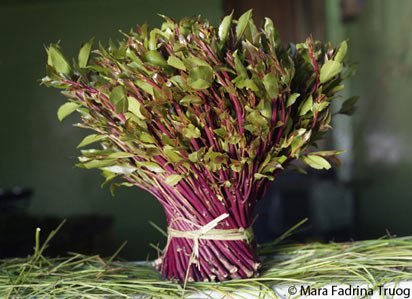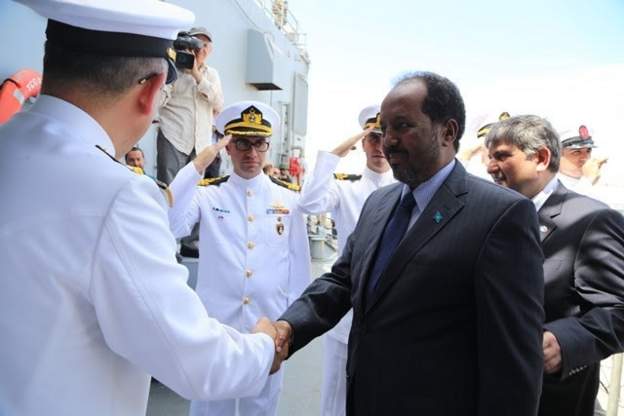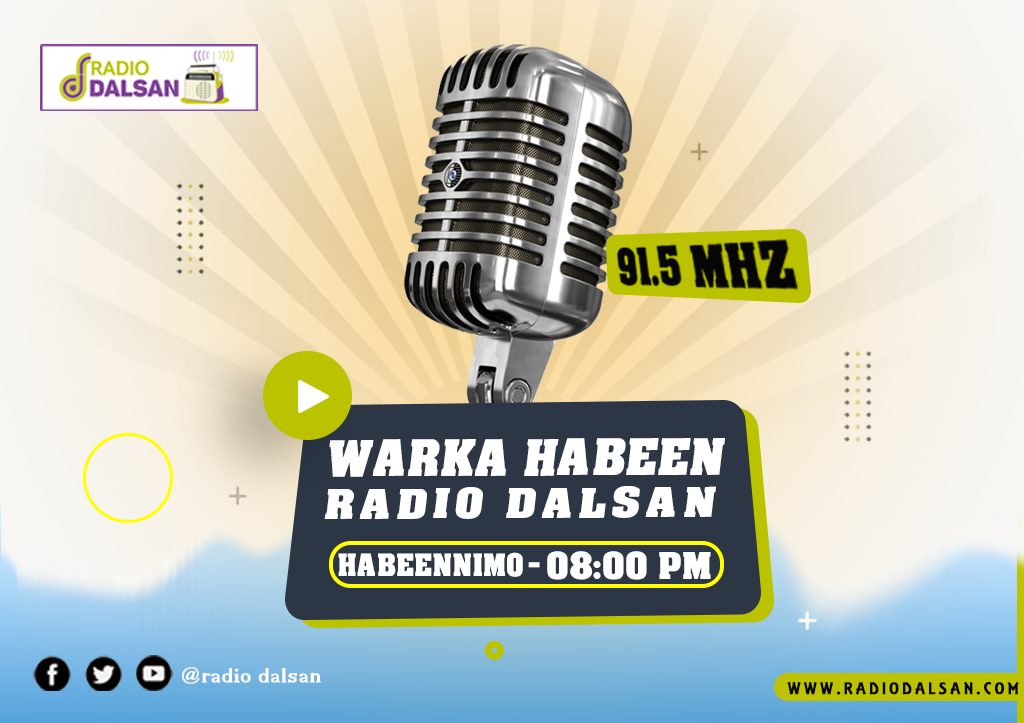The African Union (AU) has rejected the conclusions in the report by Human Rights Watch (HRW) accusing AMISOM soldiers of raping Somali women.
AU described September last year Human rights watch report dubbed “ The Power These Men have Over Us,” as allegations that misrepresent the sacrifices, achievements and commitment of AMISOM peacekeeping mission in Somalia.
Radio Dalsan posed some key questions to Human Rights Watch Researcher, Laetitia Bader and bellow is an excerpt of the short interview.
Radio Dalsan: AMISOM has strongly Denied HRW Report “The power these men have over us “saying there is no sufficient Evidence, what is your take?
HRW: The publication of the AU investigation report is a welcome step, but this should only be a first step to ensuring sexual exploitation and abuse is addressed in Somalia.
The report identifies important areas which the AMISOM leadership and troop-contributing countries should move forward on, for example information sharing regarding allegations and investigations, and building institutional capacity to more systematically prevent and investigate abuses by troops on the ground. We look forward to seeing these recommendations implemented. In addition in terms of actual prosecutions, at a minimum the AU should be calling for justice in the two cases that the report does find credible.
When the investigation was initially established we indicated that without a concerted effort on the part of AMISOM, and the Somali authorities of course, to create an environment in which women and girls who are victims of these abuses feel they can safely and confidentially come forward and report, the investigation will likely fail to reflect the real problem. Unfortunately, we have not yet seen serious efforts aimed at creating that environment.
Radio Dalsan: Are You Ready to Table the Evidence if AMISOM insists?
HRW: We have on several occasions in our public statements ( see http://www.hrw.org/news/2014/09/25/statement-regarding-recent-report-sexual-exploitation-and-abuse-amisom-peacekeepers ) as well as in private discussions with AMISOM, troop-contributing countries and the AU, including the investigation team, explained why we cannot share details on individual cases.
With two exceptions, none of the women and girls Human Rights Watch interviewed for the September 2014 report had publicly spoken out about the abuse or filed a complaint. They said they feared the very real risk of reprisals from perpetrators, the government authorities, and the Islamist insurgent group Al-Shabaab, as well as retribution from their own families. Irrespective of their reasons, if victims of human rights violations wish to maintain confidentiality, Human Rights Watch is obliged to respect this decision.
This is not a position that will change because of pressure from the AU, AMISOM or others but is a basic
Radio Dalsan: HRW has produced several damning rights violations report mainly on conflict zone such as Somalia, any tangible actions taken from violators like AMISOM?
HRW: Both the AU and the Burundian national forces set-up investigations to investigate the allegations; a positive step. Yet, now the work really begins in terms of preventing further abuse but also longer-term institutional measures aimed at ensuring that the AU is able to more systematically tackle this problem throughout the peace-support operations.
The AMISOM leadership appears willing to priorhitise these issues in their engagement with troop-contributing countries but it remains to be seen if this commitment will convert into concrete changes on the ground.
There are some very immediate steps that could be taken by all those concerned. AMISOM leadership should send clear messages that they continue to see sexual exploitation and abuse as a priority, expect regular feedback from troop-contributing countries on allegations and investigations and are committed to seeing accountability for cases that have been documented in the past and future cases. They should also make clear that no reprisals- whether against survivors or whistleblowers will be tolerated. AMISOM and the UN should also work together to set-up safe complaints’ mechanisms where women and girls can report on their experiences and abuses.
Radio Dalsan: The violations took place in Somalia and the report was released in Kenya, why?
HRW: We released the report at a press conference in Nairobi. We felt that given the fact the report targets and implicates regional governments and armies, releasing the report in Nairobi where much of the regional press corps is based, along with many representatives from the Somali media as well, this enabled us to reach the widest possible audience.
Radio Dalsan:Any assistance/help you provided to the victims?
HRW: As a research and advocacy organization, we do not have the mandate to offer support to victims. However, when feasible, we try to put the victims we interview in touch with local or international service providers. In the case of this research, all of the women











